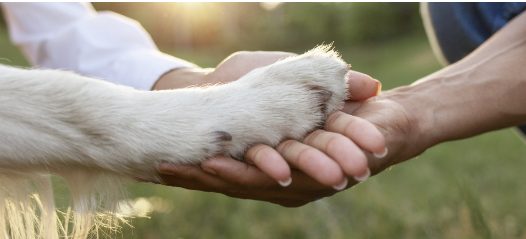Animal-assisted therapy modalities are increasing in popularity in the field of mental health. Yet, there are many ways their effectiveness is still not fully known due to the enormity of factors that shape the therapeutic encounter. The implication for interested and practicing clinicians is to continually revisit human traditions of relating to horses while incorporating new understandings about the human and animal connection. This course introduces foundational concepts and offers attendees a survey of the many elements involved in the practice of animal-assisted psychotherapy, and then supports them with ways to integrate this knowledge into their own practice.
This course will inform the interested attendee about working with animals in psychotherapy by first presenting an overview of human and animal relatedness from the depth psychological traditions, to support students in understanding the impact on our current day relatedness to animals. Attendees are then introduced to concepts in neuroanatomy and ethology to explore the physiological similarities across species and how those may influence the practice of animal-assisted therapy. Skills to see relatedness as behavioral (somatic displays), in addition to emotional (psychological understanding), will also be provided to attendees, to support them in their practice of animal-assisted therapy. Attendees will then be supported in identifying ways apply these concepts in their specific practice contexts.
October 30, November 6, 13, 20, 2024 | 4 week webinar series | 4 CECs | Offered Live via Zoom


